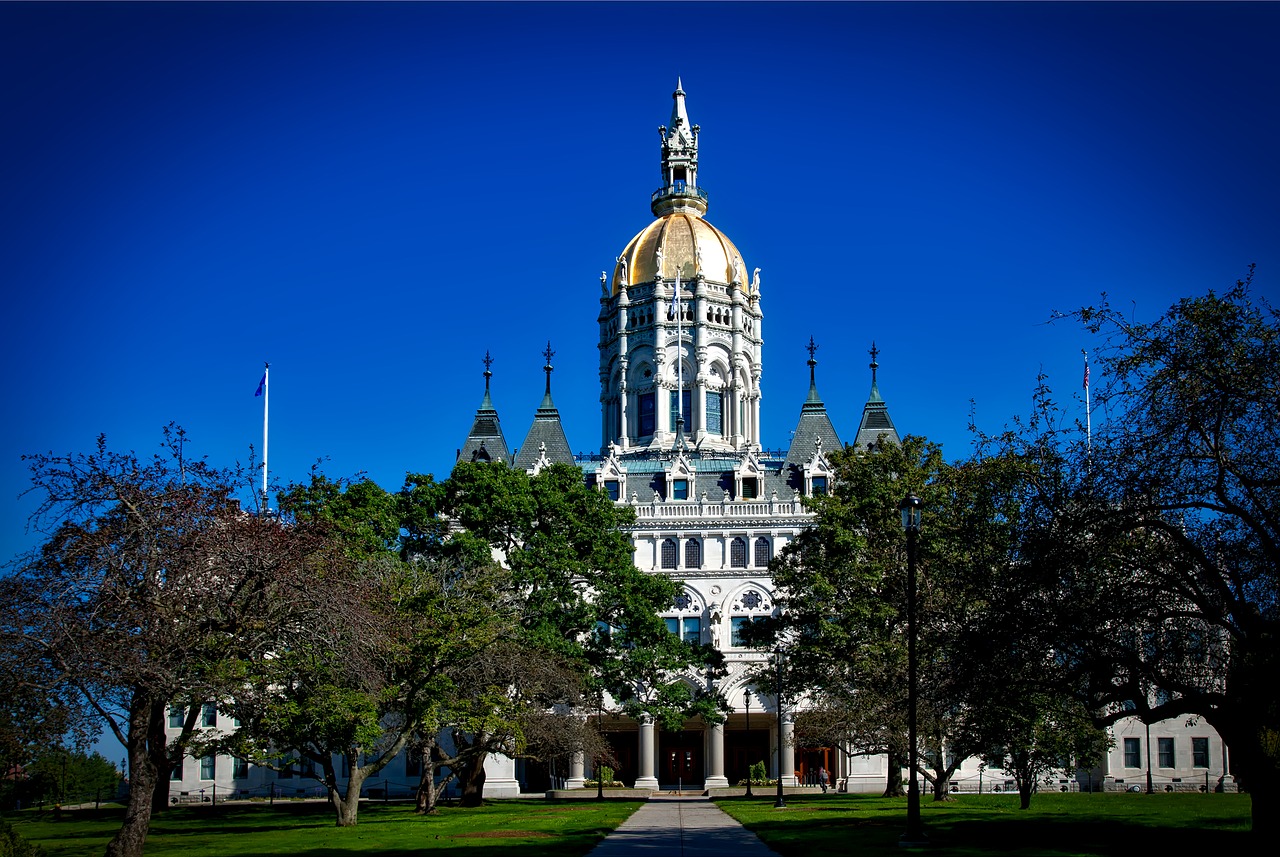By Frank Andorka, Senior Correspondent
With five days left in the legislative session, Massachusetts is running out of time to solidify and expand its burgeoning solar industry, and activists in the state are ramping up the pressure in an attempt to try to get something done before the end of the month.
Yesterday, in an effort supported by advocacy group Vote Solar and others, city leaders from across the state joined forces to send a letter to the legislature urging them to pass the clean energy legislation currently pending before it, which is designed to accomplish three things:
- eliminiate the arbitrary net metering cap (or at least raise it by at least 5%);
- repeal Eversource Energy’s (the state’s largest utility) “demand charge” on solar customers; and
- raise the renewable portfolio standard (RPS) by at least 3% a year.
The letter quotes at least 20 municipal leaders in support of the legislation like Framingham City Council Member Adam Steiner:
As a City Council Member and a solar homeowner myself, I have seen the power of solar to benefit families, communities and our environment. Solar is a critical part of our local economy and our commitment to making our environment cleaner, but we need continued leadership from our state leaders to keep solar on track. We hope they will heed our letter and act quickly on these important solar policies.
As New York, New Jersey and even Pennsylvania start pushing into the clean energy future with aggressive plans to increase the solar industry, Massachusetts has been shockingly reticent and retiring about playing a significant role in growing the solar industry in the Northeast. It’s mincing steps toward a solar future are a mystifying anomaly, and one that its legislators can fix right now – but time is running out. The legislative session ends on July 31.
Massachusetts was one of the primary drivers of the American Revolution – and it’s time they assumed their leadership in the Solar Revolution, too.


